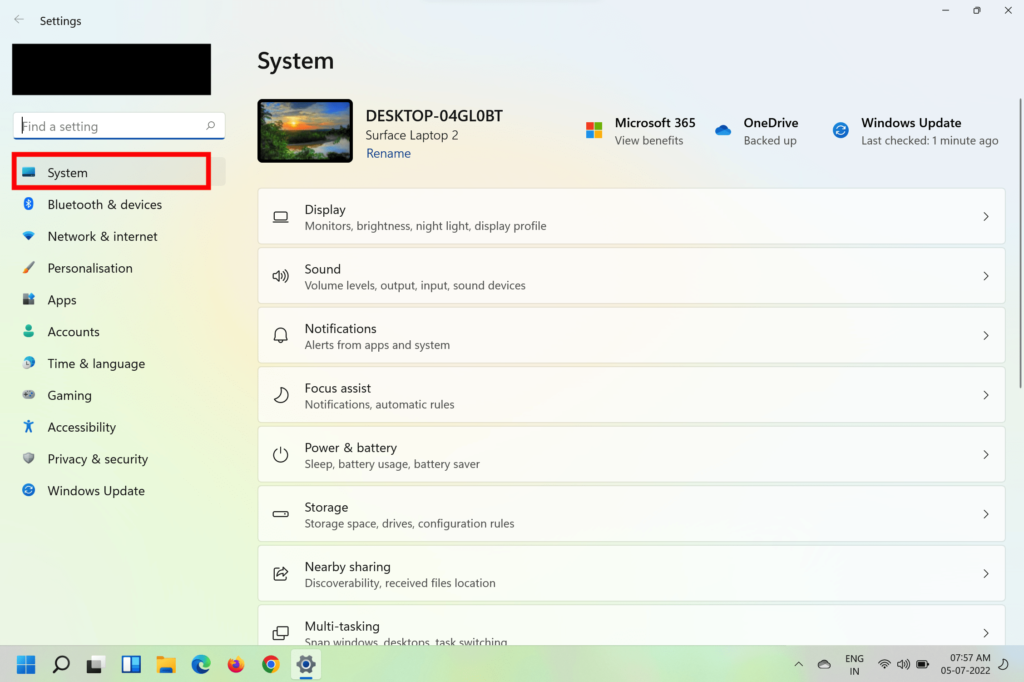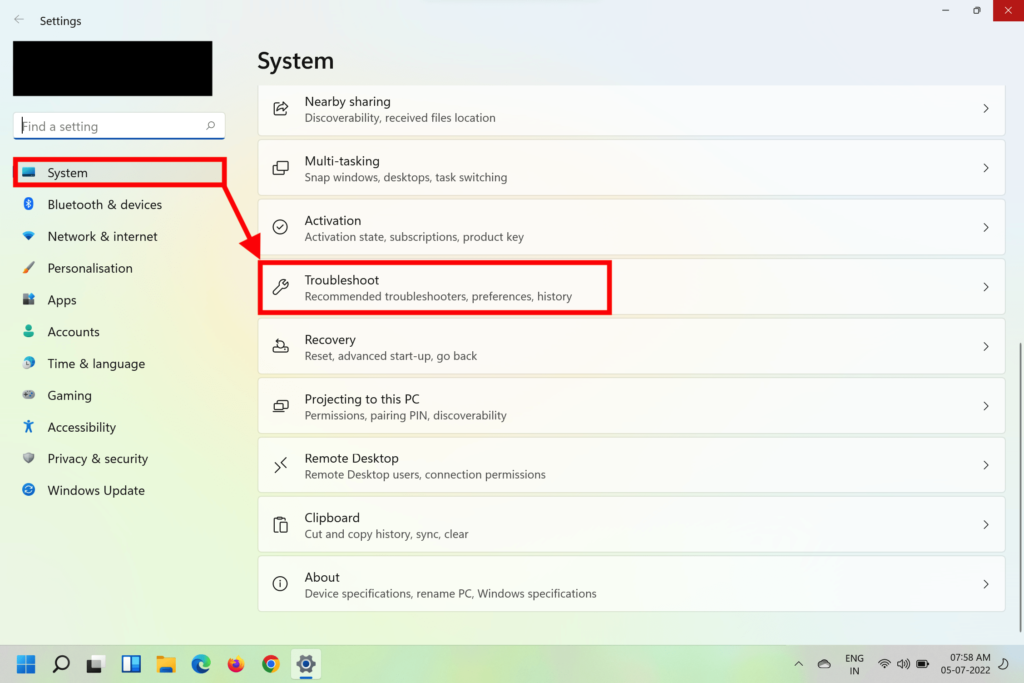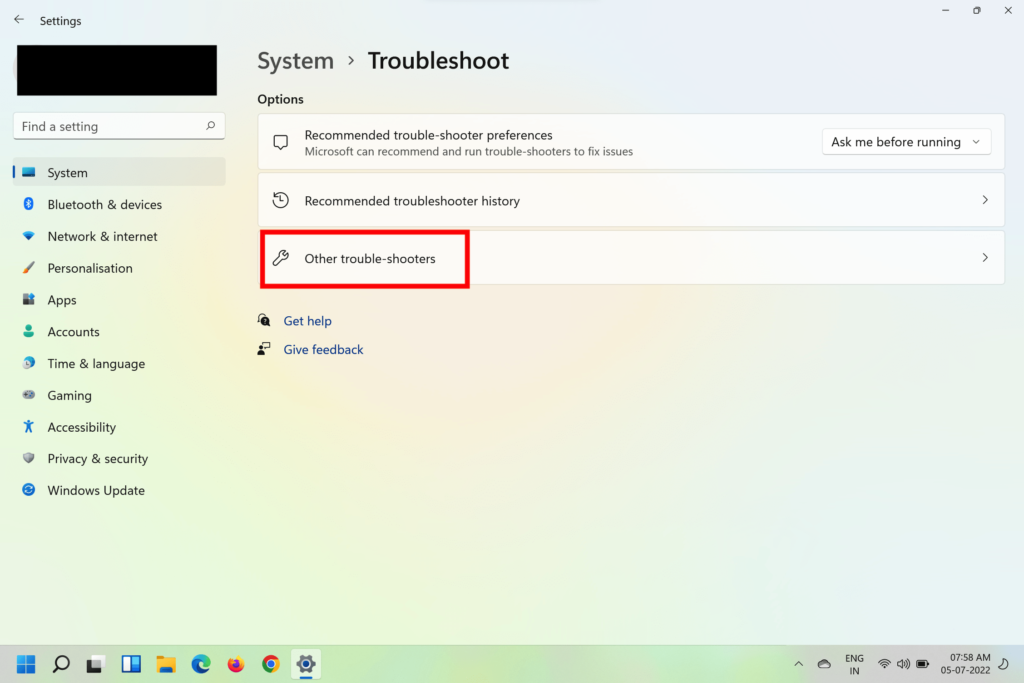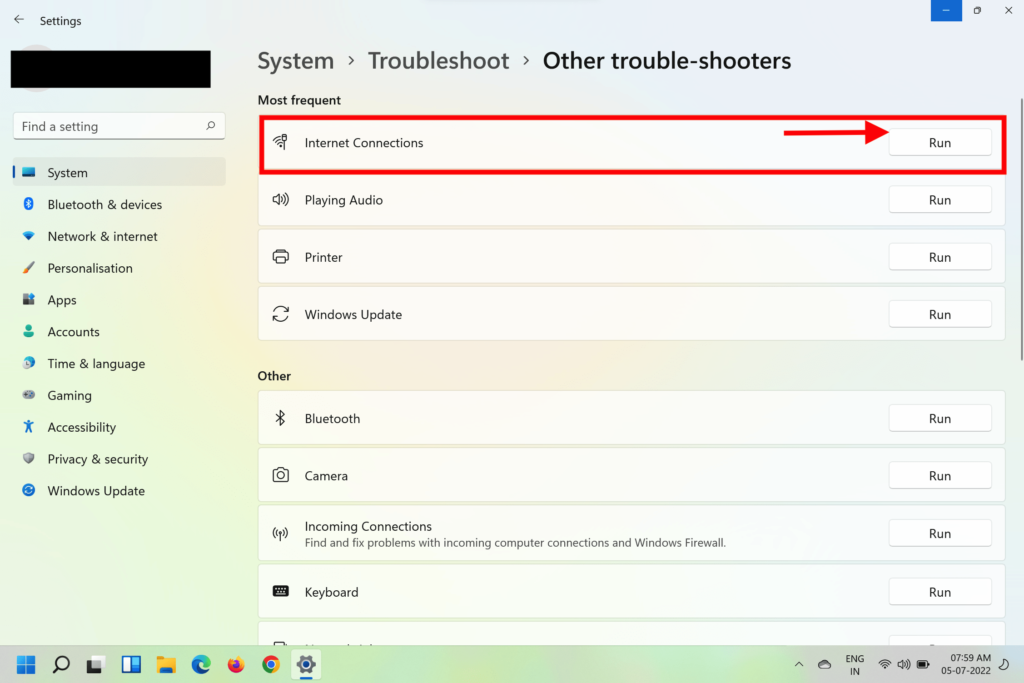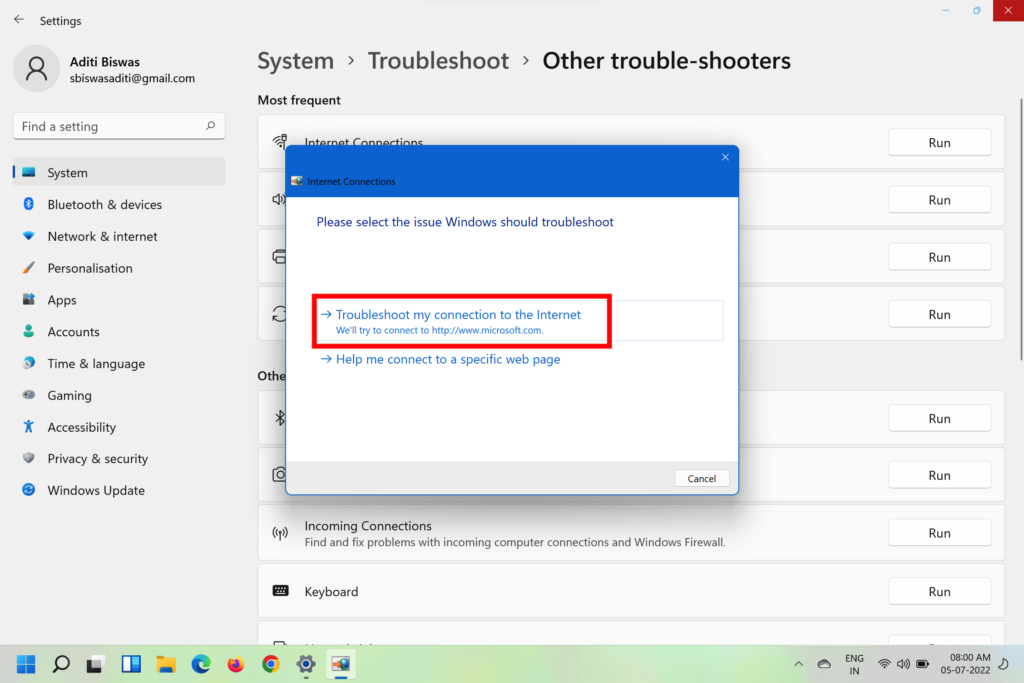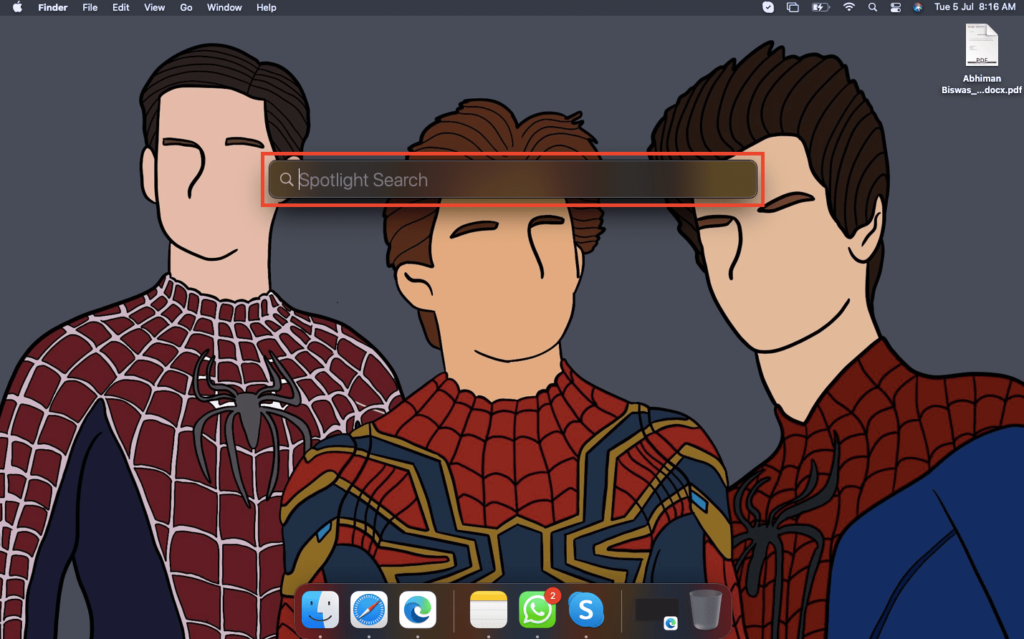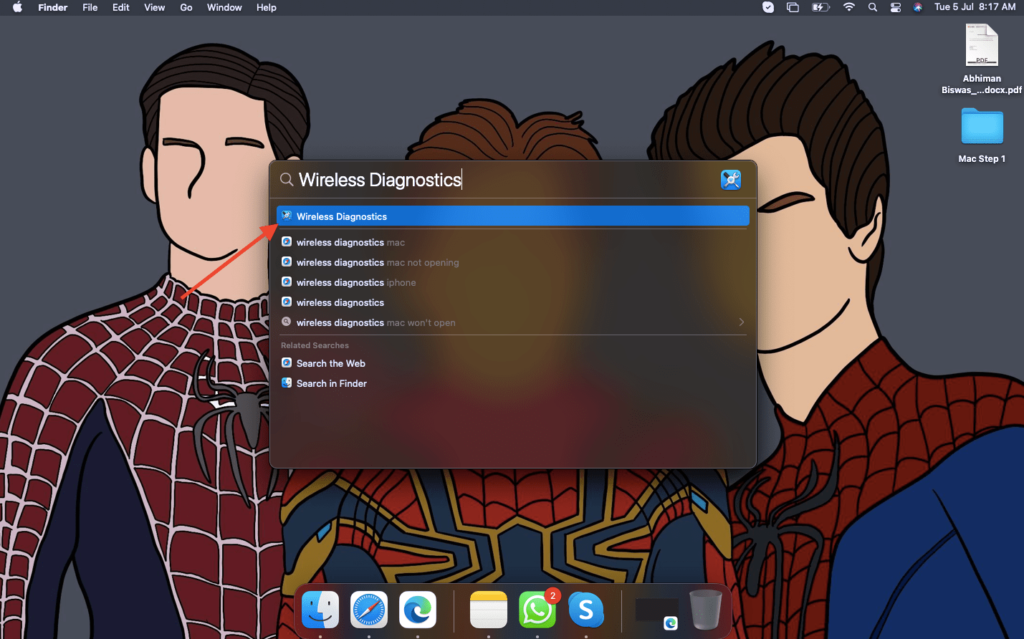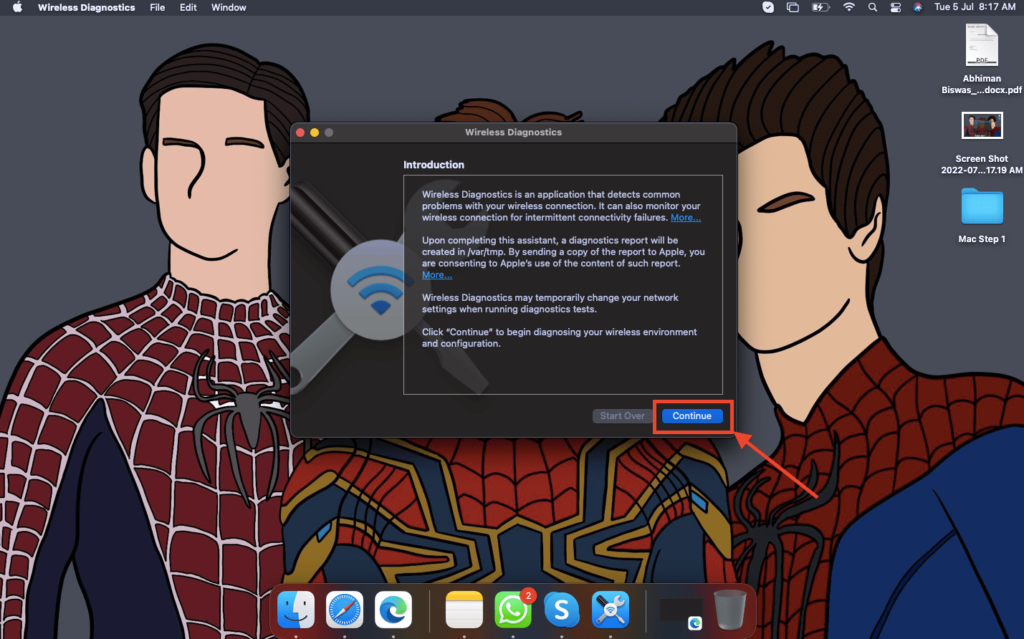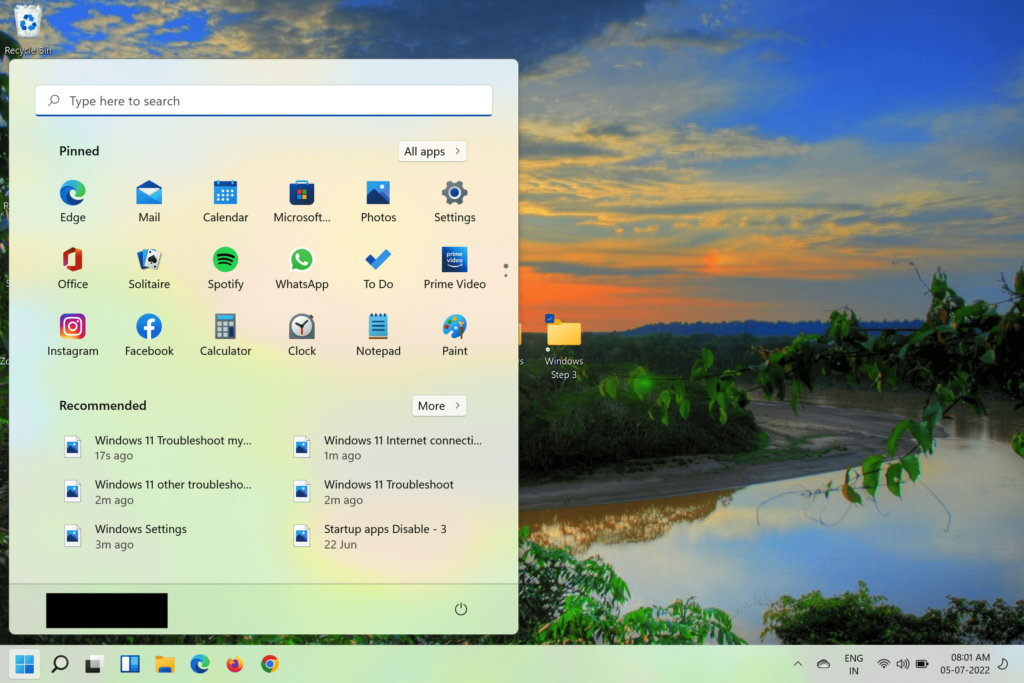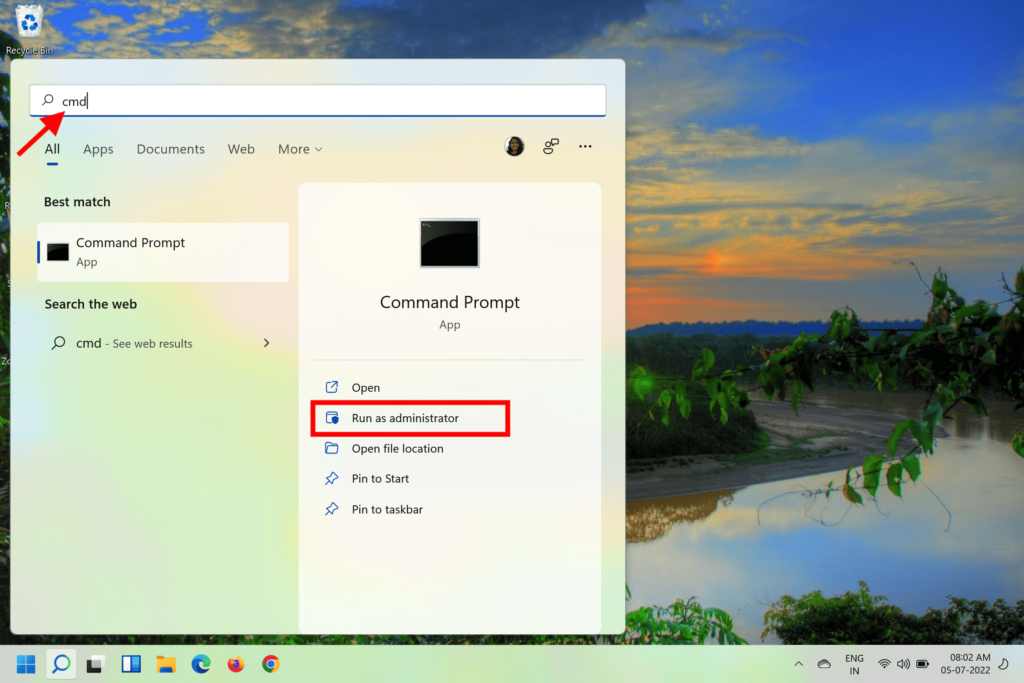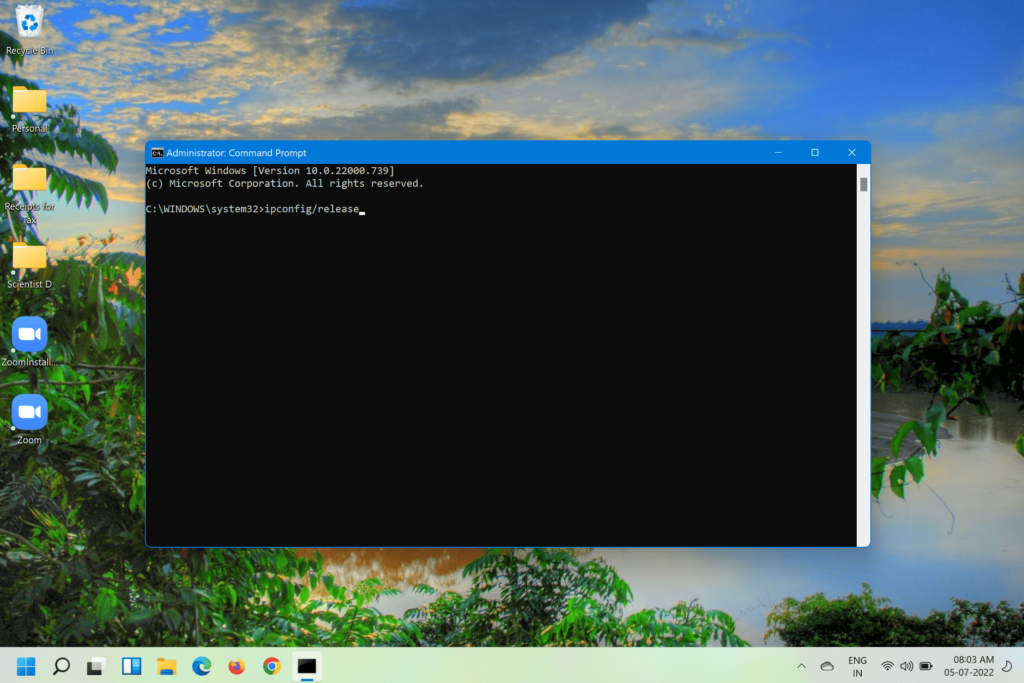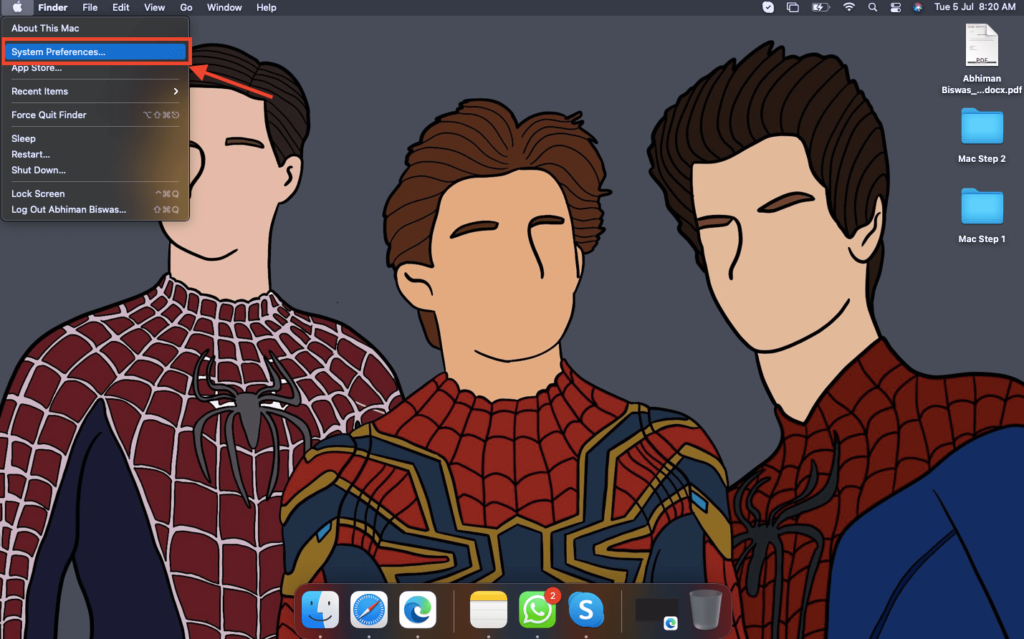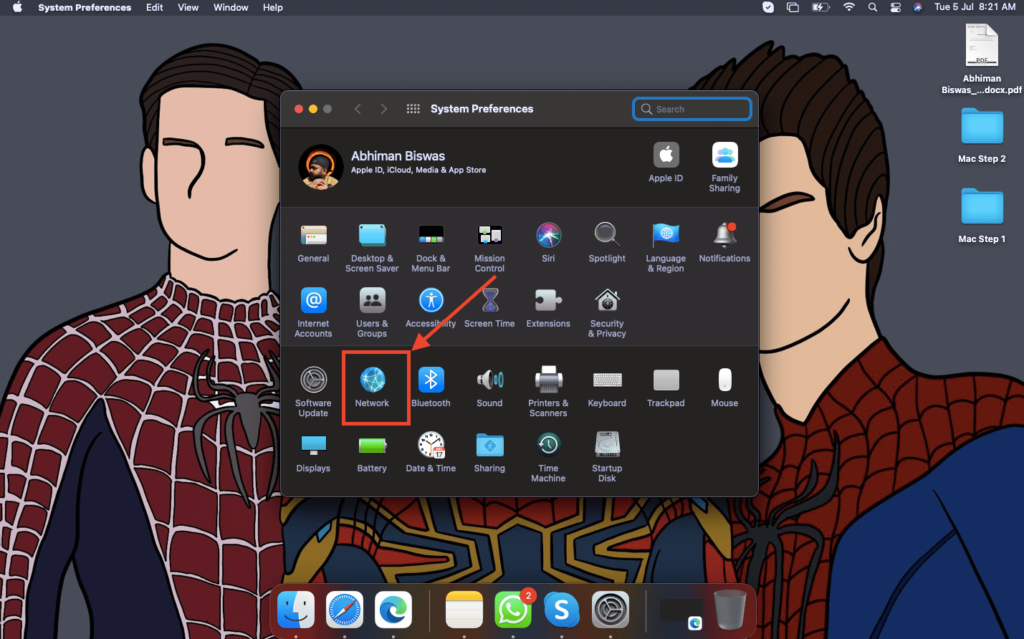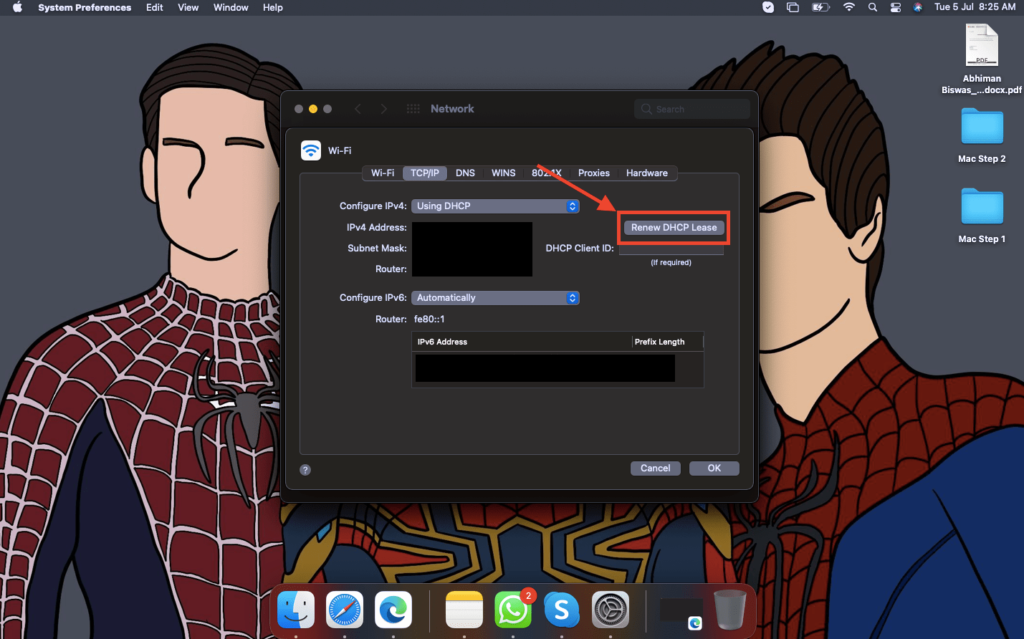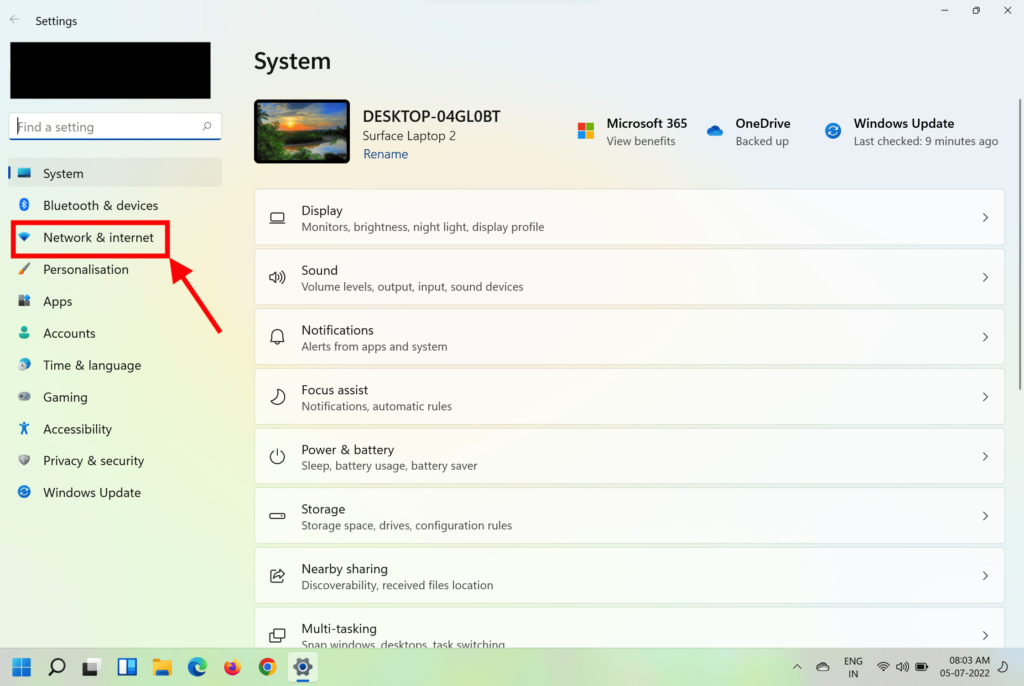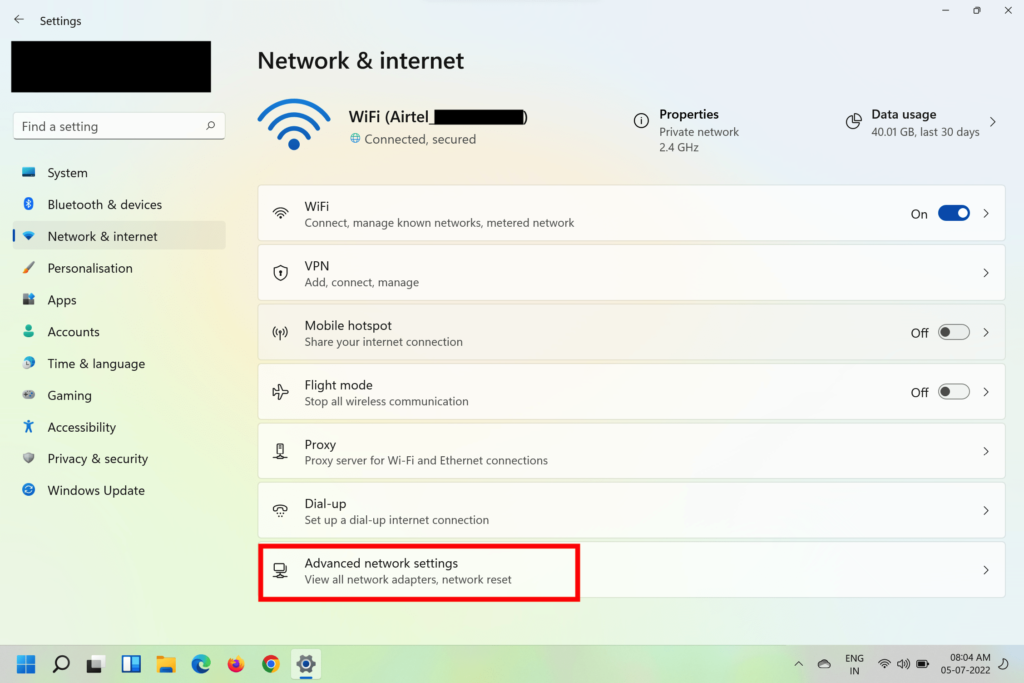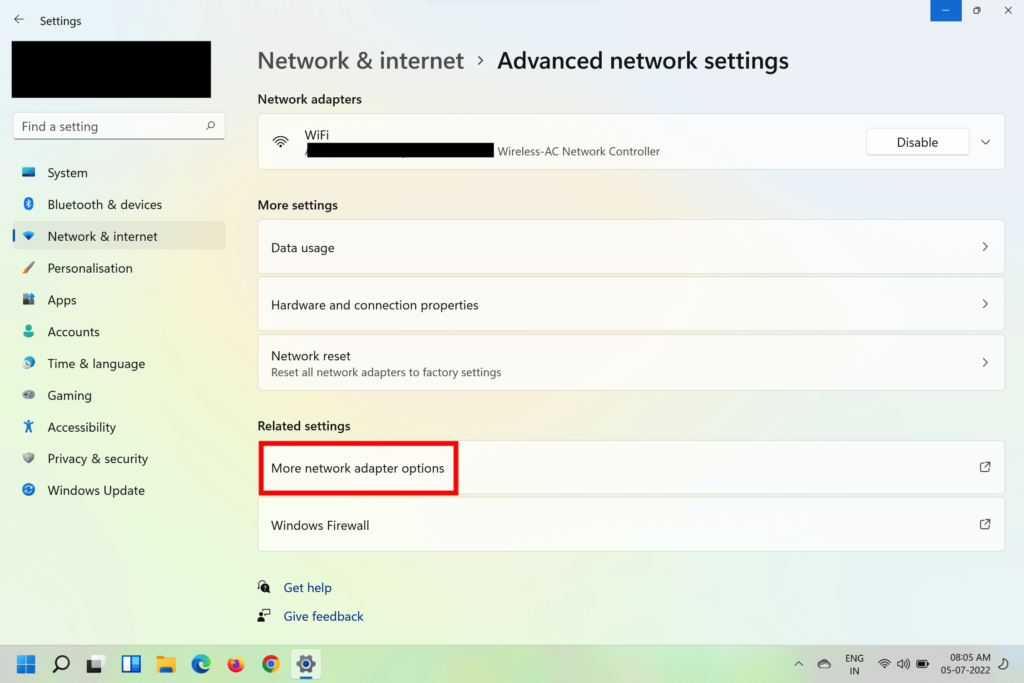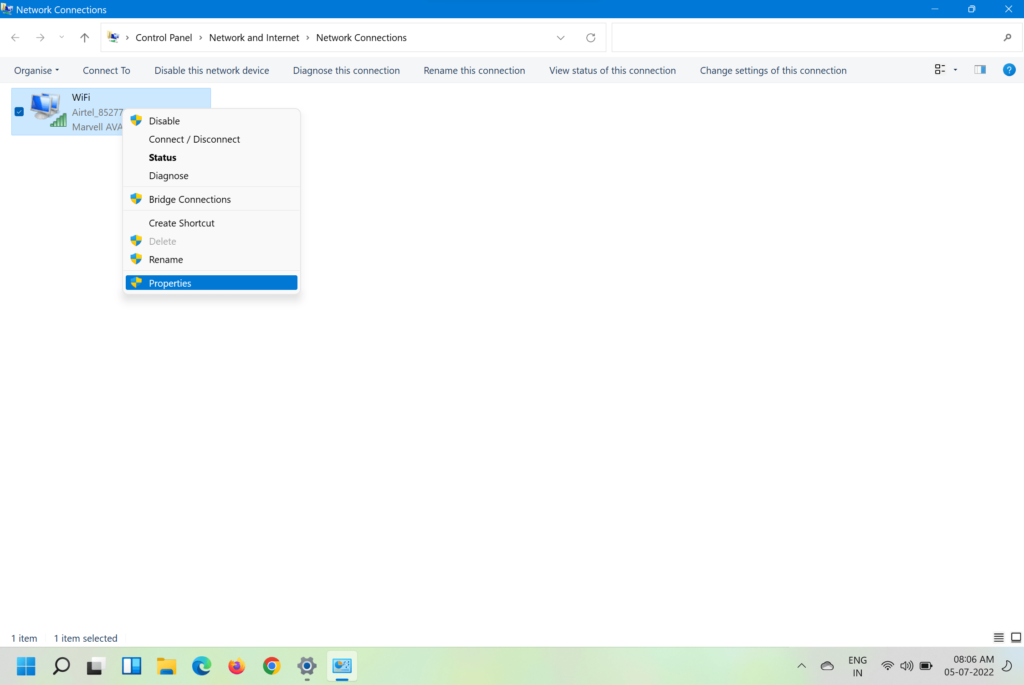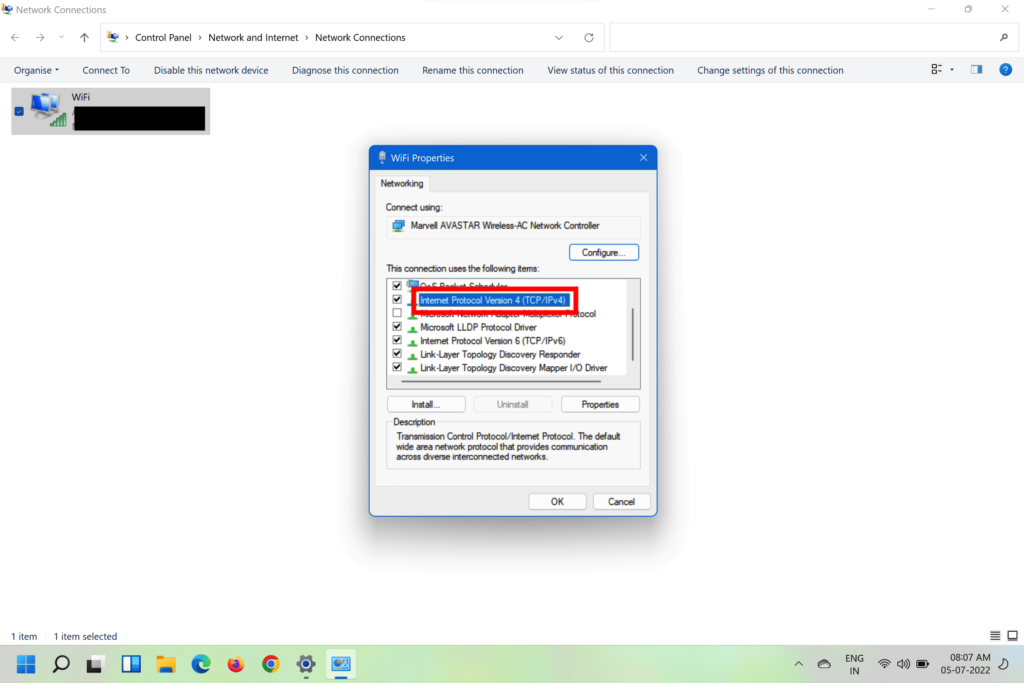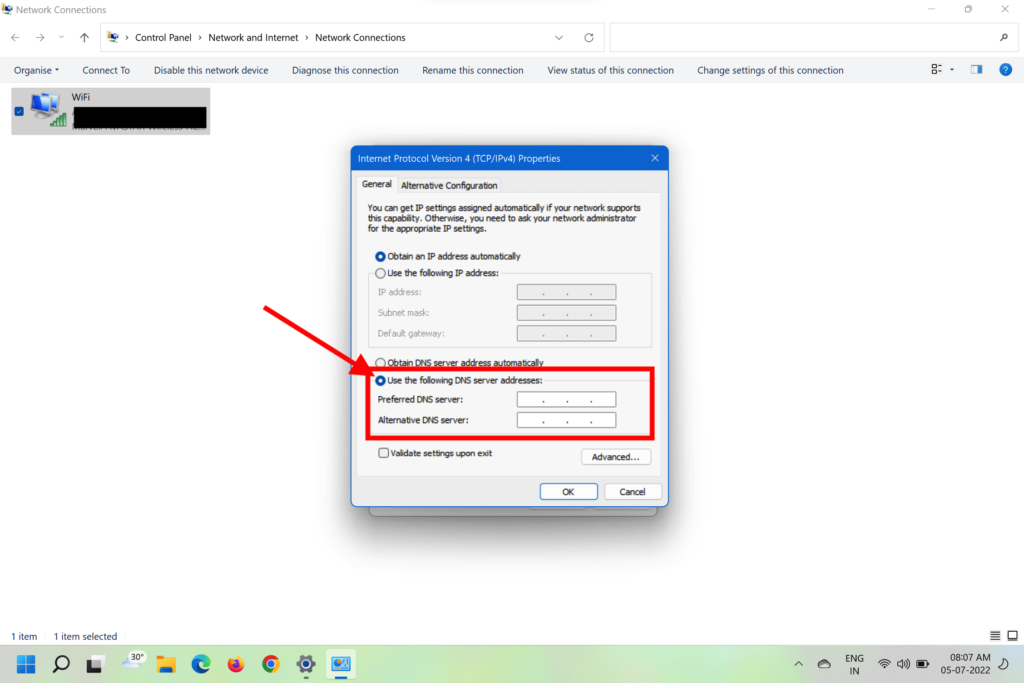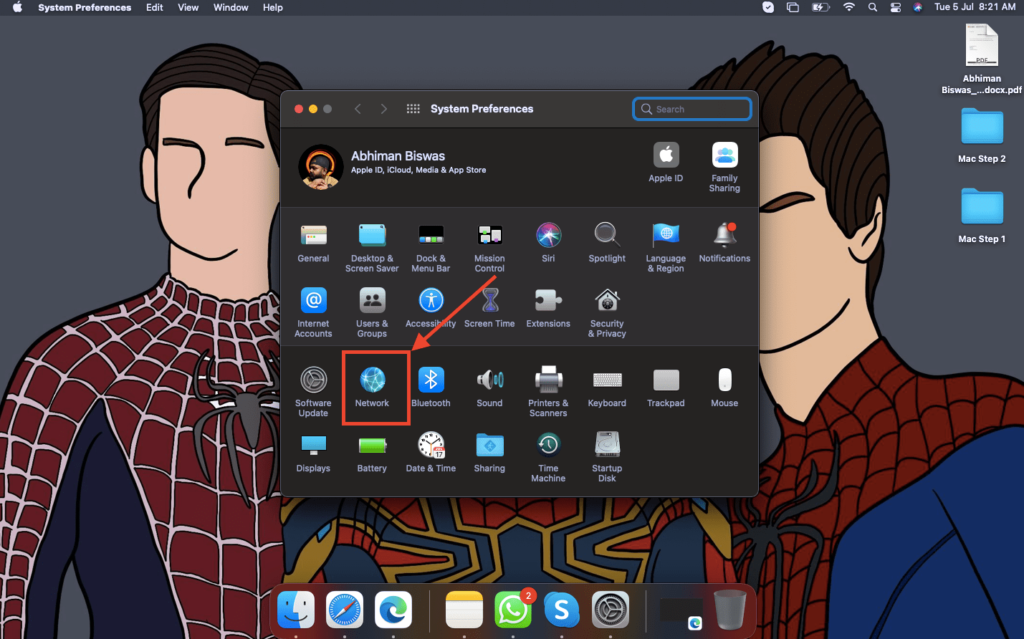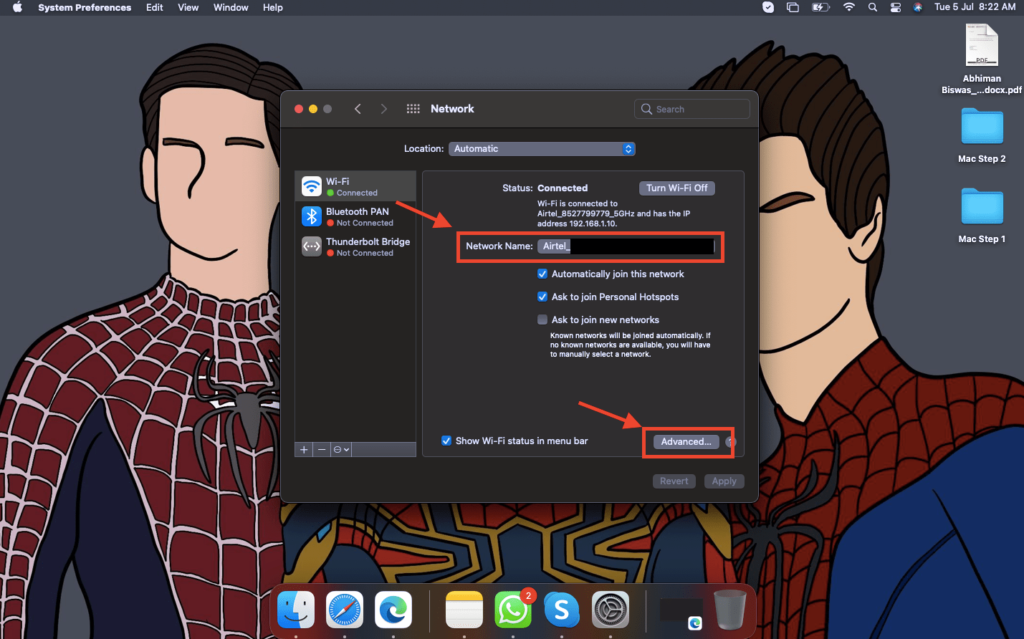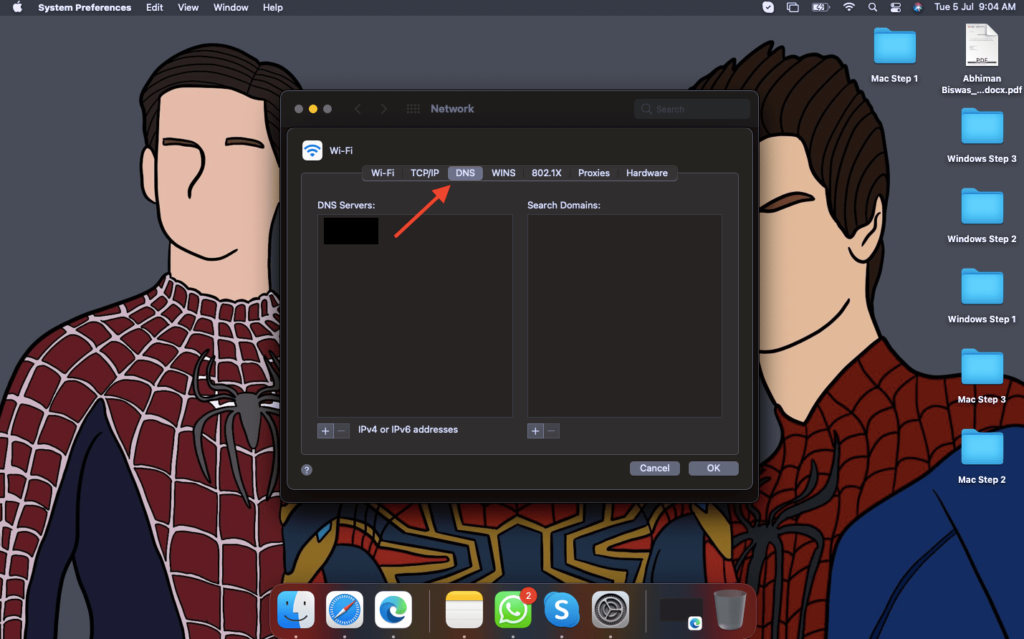However, the app is not without its flaws, and one of the most common issues is the “Your Internet Connection Is Unstable” Zoom error. Anyone who uses Zoom has faced this issue at least once, that’s for sure. Here are some tips to help you fix your computer’s “Your Internet Connection Is Unstable” Zoom error.
Why The “Your Internet Connection Is Unstable” Error Happens In Zoom?
Before we can delve into the fixes to resolve the issue, you must understand why the error happens in the first place. While the error is self-explanatory, it happens for several reasons, including an unreliable and weak internet connection. Remember that this error only shows up when there’s an internet connection, but it’s slow and unreliable. If there’s no internet connection, Zoom will show the “Unable to connect” error message with the error code 5003. Suppose you are experiencing issues like screen freeze during the video call, long loading times, unexpected disconnections from meetings, and bad video quality during calls. In that case, it’s time to look into your internet connection.
Fix “Your internet connection is unstable” Zoom Error
As we mentioned, the error itself is self-explanatory and caused by unreliable and slow internet connectivity. Ensure that you are within the range of your router for Wi-Fi connection, switch to Ethernet, and restart your router/modem. In most cases, these steps should fix the issue. However, if the error persists, it’s time to look for other tips and tricks. Here are some tips to resolve the issue on your computer – Windows or Mac.
1. Reset The Router
The first step towards solving the error is to reset the router you use for the Internet connection. Resetting the router will delete all cache files and refresh the firmware. Here’s how you can reset your Wi-Fi router.
- Look for the rest hole on your router (generally located at the back or under the router).
- Insert a pin in the reset hole and hold for at least 5 seconds.
- Check the default username and password in the user manual or back of the router to log in again.
- Change the Wi-Fi name and password to your liking.
- Open Zoom and check if the issue persists.
2. Reset The Modem
If you still face the issue after resetting the router, the problem could be Wi-Fi signals or the Ethernet connection. Resetting the modem will ensure that Wi-Fi signals work after resetting the router. Here’s how you can do it.
- Unplug your modem from the power socket.
- Keep it unplugged for 10 minutes.
- Reconnect and turn on the modem and let it reboot.
- Connect your computer to the internet and check if the Zoom is working fine.
3. Run The Network Troubleshooter On Your Computer
Once you have ensured that your router and modem are working as intended and the issue persists, it’s time to turn to your computer. The network troubleshooter can resolve any internet connection-related issues from the software side.
On Windows
- Press the Win (Windows logo) + I buttons on your keyboard to open Settings.
- Click on the System option on the sidebar and scroll down to Troubleshoot.
- Now select Other Troubleshooters.
- Under the Most frequent section, locate the Internet Connections and click on Run.
- In the pop-up window that opens, click on Troubleshoot my connection to the internet.
- Let the Network Troubleshooter scan your computer for any issues and follow the on-screen instructions You can also head to the Others section in Troubleshoot and run the Network Adapter troubleshooter for further assurance.
On Mac
- Press Command + Space Bar on your keyboard to bring up Spotlight Search.
- Type Wireless Diagnostic and click on the first result.
- Click on the Continue button on the pop-up window.
- Let the Windows Diganostis scan for any issues.
- Follow on-screen instructions to fix issues, if any.
4. Reset The Network
You’ll also need to reset the network settings on your computer to get rid of faulty cache and other files to ensure a seamless internet connection. Here’s how to do it on a Windows and Mac computer.
On Windows
- Click on the Windows button to bring up the Start menu.
- Type cmd in the search bar and hit Enter.
- Click on Run as administrator on the right pane.
- On the Command Prompt window, execute ipconfig /release, ipconfig /renew, and ipconfig /flushdns.
- Restart the PC.
On Mac
- Go to Desktop and click on the Apple logo in the top left corner.
- Select System Preferences from the drop-down menu.
- Click on the Network option.
- Select your active connection in Network Name and then click Advanced.
- Tap on the TCP/IP tab on top and click on the Renew DHCP Lease.
- Restart your Mac.
5. Change DNS Servers
At times issue lies with the default DNS servers provided by your ISP. You can switch to more reliable DNS servers like Google (8.8.8.8 and 8.8.4.4), OpenDNS (208.67.222.222 and 208.67.220.220), and Cloudflare (1.1.1.1 and 1.0.0.1). Here’s how you can change DNS servers on Windows and Mac computers.
On Windows
- Press the Win + I buttons on your keyboard to open Settings.
- Click on the Network & Internet option on the sidebar and select Advanced network settings.
- Click on More network adapter options.
- Right-click on the active network adapter and click on Properties.
- Double-click on the Internet Protocol Version 4 (TCP/IPv4) and check the Use the following DNS server addresses option.
- Enter the Preferred and Alternate DNS server addresses, and click OK.
- Restart your PC.
On Mac
- Go to Desktop and click on the Apple logo in the top left corner.
- Select System Preferences from the drop-down menu.
- Click on the Network option.
- Select your active connection in Network Name and then click Advanced.
- Tap on the DNS tab on the top and click on the + sign at the bottom to enter the DNS servers of your choice.
- Click OK and restart your Mac.
What does an unstable internet connection mean on Zoom?
The unstable internet connection on Zoom means that there’s some issue with the network connectivity that you are using. You might experience lag, screen freeze, and other problems because of this.
How can Zoom stability be improved?
You can improve Zoom stability by connecting to a fast and stable internet connection. Also, turn off the HD webcam video option and turn off your camera and your mic when not in Use.
Why does Zoom keep disconnecting?
If your Zoom app keeps disconnecting, it can be either of the two options. Either your Zoom app is outdated, or your network is slow. You can update your app and ensure you’re connected to reliable internet to prevent Zoom from disconnecting.
Final Words
Any of the abovementioned tricks should solve the Your Internet Connection Is Unstable Zoom Error. However, if the issue persists, the problem might be the app itself. You can check whether your app is updated, and if it is, the last option is to contact Zoom customer care.
